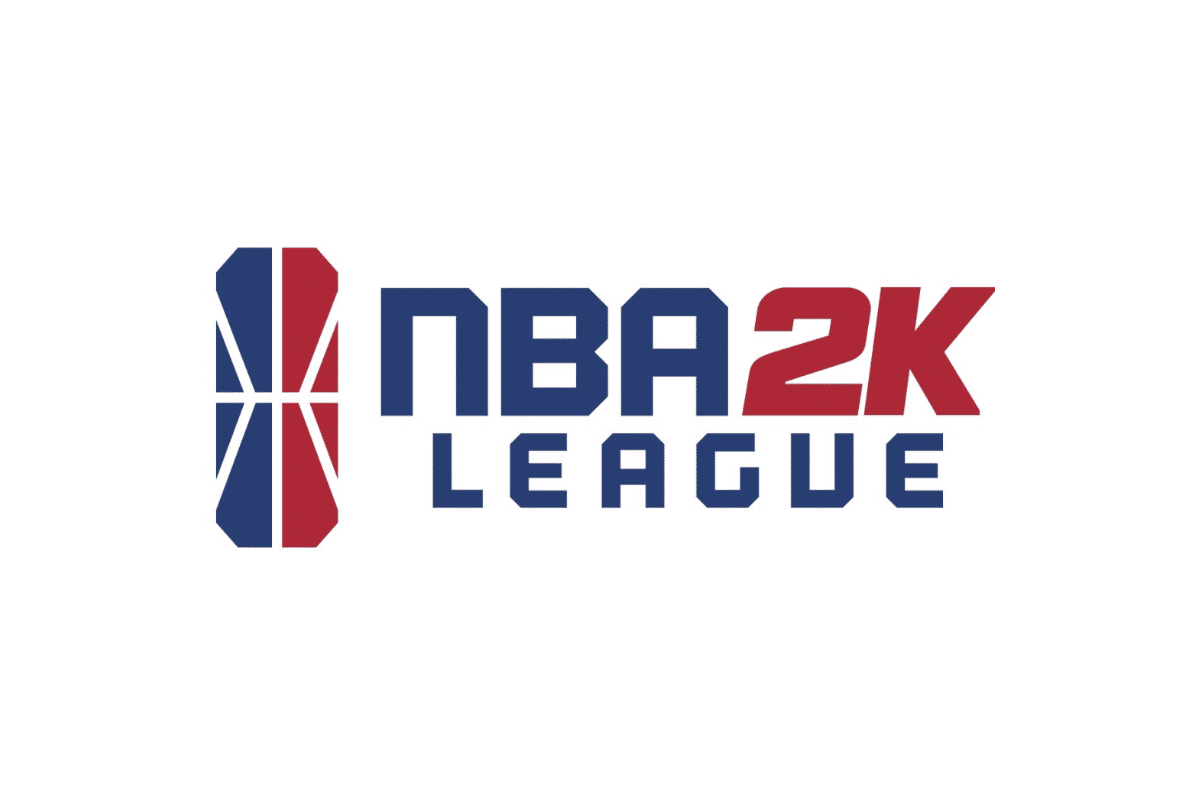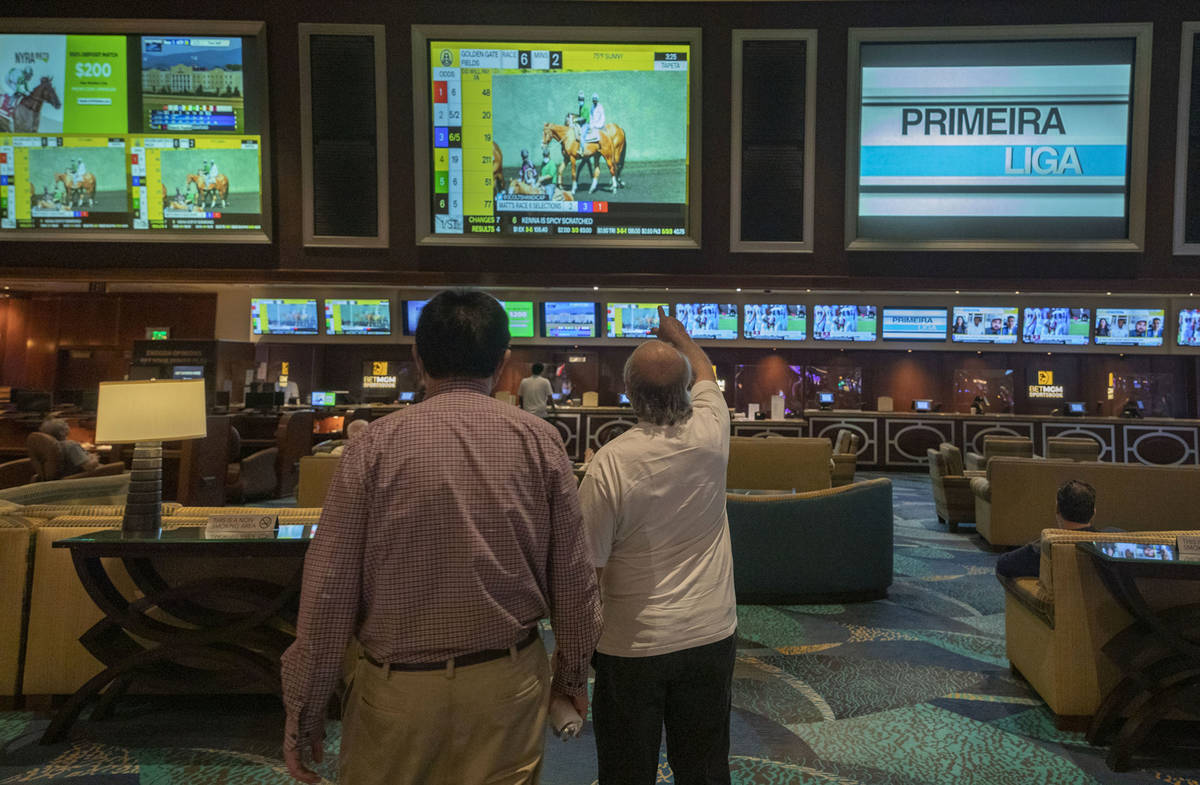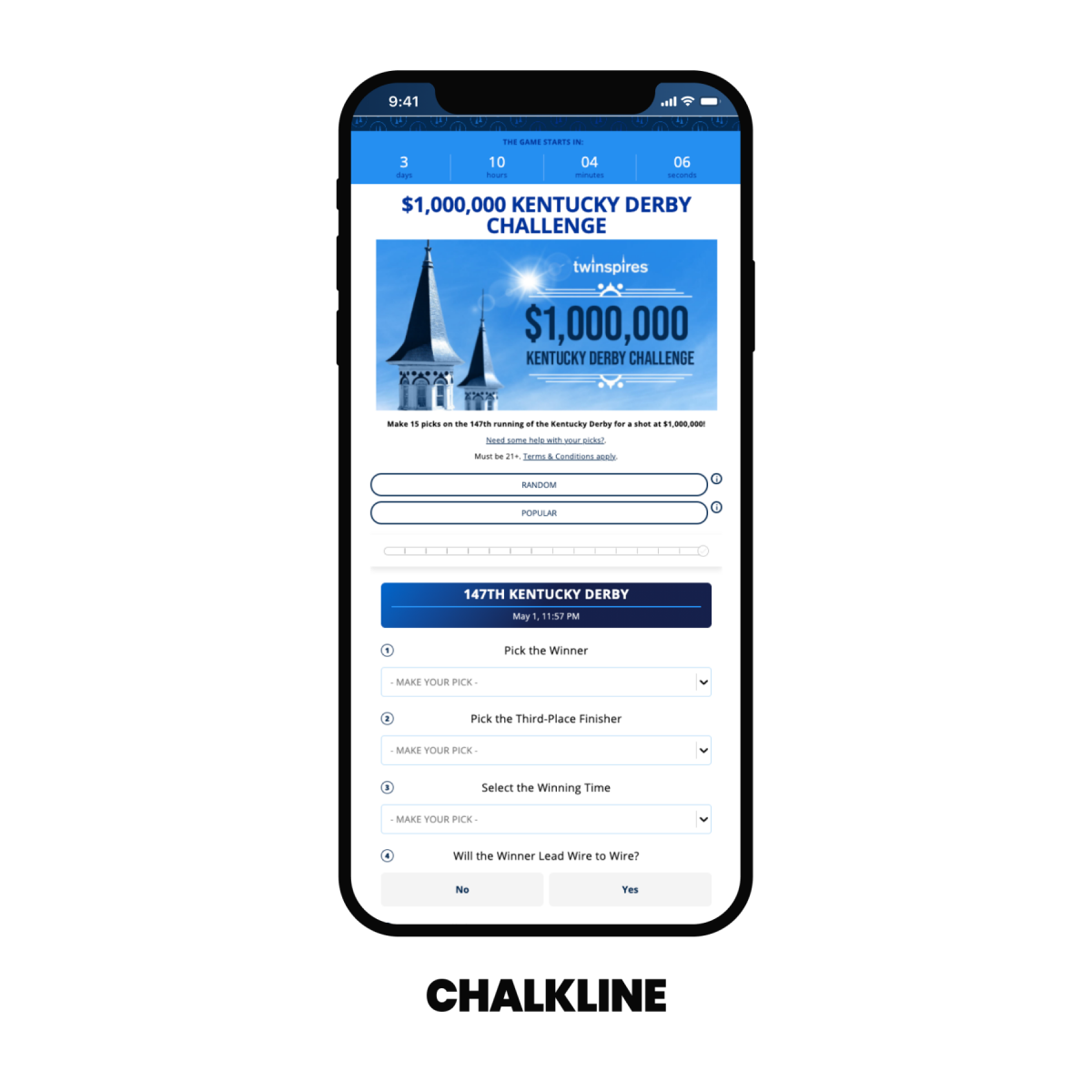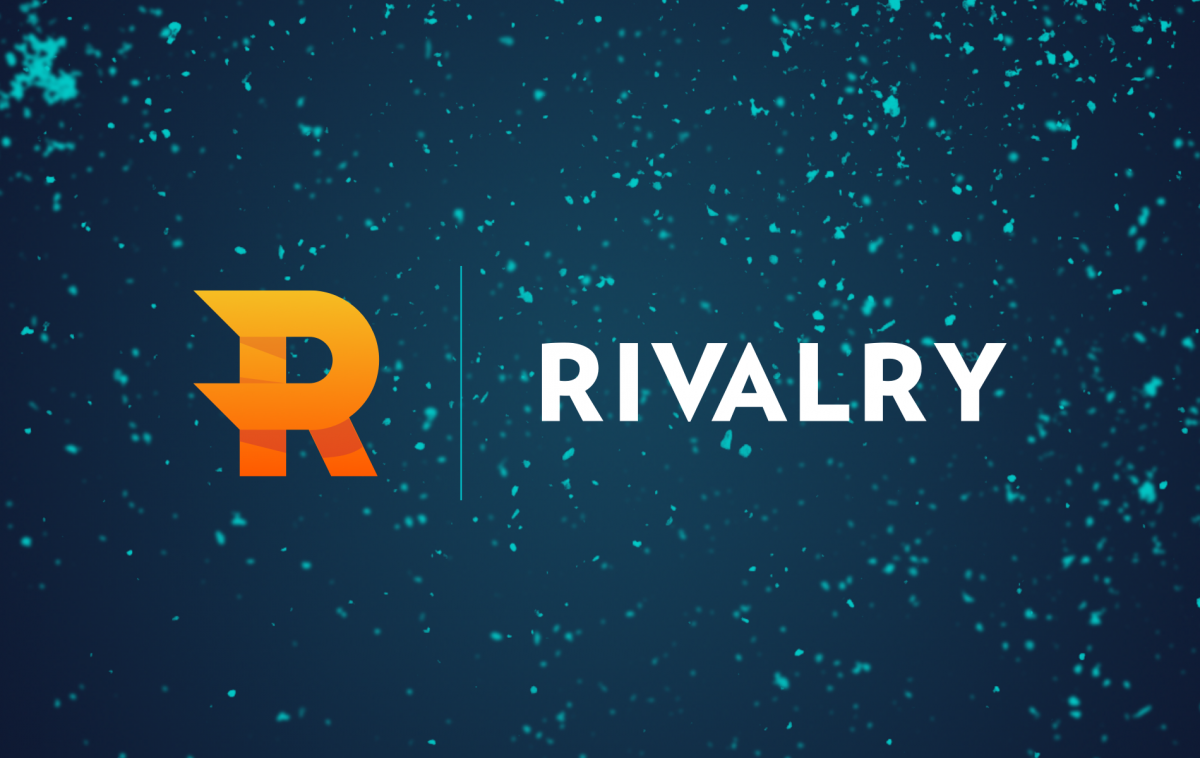
NBA 2K LEAGUE TO TIP OFF 2021 SEASON MAY 19
– Eastern and Western Conferences Implemented for First Time –
– NBA 2K League Playoffs Delivered by DoorDash Expand to 12 Teams –
The NBA 2K League announced its 2021 regular-season schedule and season-long competition structure. The 16-week season will begin Wednesday, May 19 with THE TIPOFF Powered by AT&T, and will conclude Saturday, Sept. 4 with the 2021 NBA 2K League Finals Delivered by DoorDash. The 23 teams will play 28 regular-season games each.
For the first time, the NBA 2K League will be aligned into two conferences: the Eastern Conference and the Western Conference. Each team will play matchups both within its conference and against teams in the other conference. The teams in each conference are listed below:
- Eastern Conference
- 76ers GC, Celtics Crossover Gaming, Gen.G Tigers of Shanghai, Grizz Gaming, Hawks Talon GC, Heat Check Gaming, Hornets Venom GT, Knicks Gaming, Magic Gaming, Nets GC, Raptors Uprising GC and Wizards District Gaming
- Western Conference
- Bucks Gaming, Blazer5 Gaming, Cavs Legion GC, Jazz Gaming, Kings Guard Gaming, Lakers Gaming, Mavs Gaming, Pacers Gaming, Pistons GT, T-Wolves Gaming and Warriors Gaming Squad
Also new this year, the field for the 2021 NBA 2K League Playoffs Delivered by DoorDash has expanded to 12 teams. The playoffs will begin Thursday, Aug. 26.
Each NBA 2K League team will begin the 2021 season playing remotely from its local market. Games will be simulcast live on the NBA 2K League’s Twitch and YouTube channels, and will be available on Dash Radio, ESRevolution, Loco in India and Sport1 in Europe.
The 2021 season will once again include three in-season tournaments (THE TIPOFF, THE TURN and THE TICKET) as part of THE BANNER CHAIN powered by AT&T. All 23 teams will compete in THE TIPOFF and THE TURN. The top five teams in each conference at the end of the regular season will automatically qualify for the NBA 2K League Playoffs Delivered by DoorDash. The 13 remaining teams will compete in THE TICKET, with the winning teams from each conference earning the 11th and 12th spots in the playoffs. The NBA 2K League will award $1.5 million in prize money across the THE TIPOFF, THE TURN and the playoffs.
“After a transformational 2020 season, we are thrilled to bring NBA 2K League action back to fans worldwide in Season 4,” said NBA 2K League President Brendan Donohue. “We’re working toward returning to our live studio experience once we safely can be together, and all fans rooting for their teams around the globe will surely enjoy the rivalries that will develop with the introduction of conferences.”
Regular-season games will begin at 7 p.m. ET on Wednesday, Thursday, Friday and Saturday nights with four distinct matchups each night. Matchups will be played in a two‑game format. For the first time, regular-season broadcasts will feature nightly themes:
- “NBA 2KL Block Party Wednesdays” will highlight voices around the NBA 2K League community, including influencer personalities.
- “NBA 2KL Bounce Pass Thursdays” will be the league’s most fast-paced nights of gameplay, packing all four matchups into a three-hour window. They will include as many as three games happening simultaneously, and the broadcasts will bounce around to highlight the most exciting action.
- “NBA 2KL Friday Night Fire” will spotlight the week’s marquee matchup with the Game of the Week and dive deep into the stories of the league’s 138 players with never-before-seen content and interviews.
- “NBA 2KL Saturday Night Showdown” will explore new broadcast elements and voices and focus on the hardcore 2K fans by showcasing the game and players through the lens of the league’s most compelling storylines, including rivalries between individual players and teams.
The full 2021 NBA 2K League schedule is below:
- May 19 – 22 THE TIPOFF Powered by AT&T
- May 26 – 29 Regular Season – Week 1
- June 2 – 5 Regular Season – Week 2
- June 9 – 12 Regular Season – Week 3
- June 16 – 19 Regular Season – Week 4
- June 23 – 26 Regular Season – Week 5
- June 30 – July 3 Bye Week
- July 7 – 10 Regular Season – Week 6
- July 14 – 17 THE TURN Powered by AT&T
- July 21 – 24 Regular Season – Week 7
- July 28 – 31 Regular Season – Week 8
- August 4 – 7 Regular Season – Week 9
- August 11 – 14 Regular Season – Week 10
- August 19 – 21 THE TICKET Powered by AT&T
- August 26 – 28 NBA 2K League Playoffs Delivered by DoorDash
- September 4 NBA 2K League Finals Delivered by DoorDash











